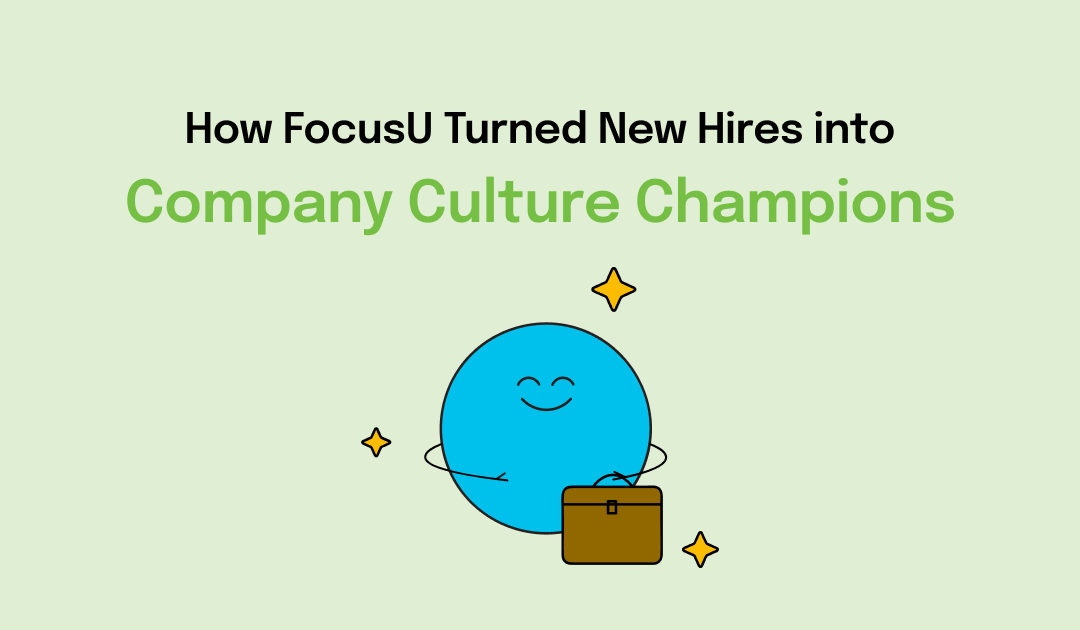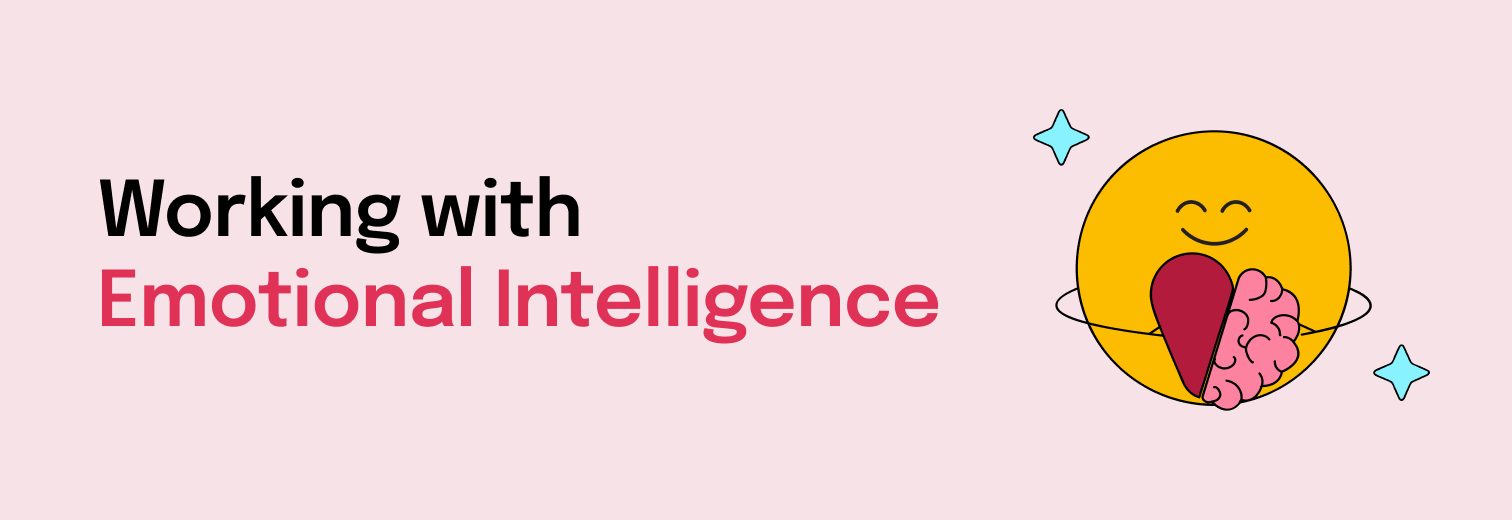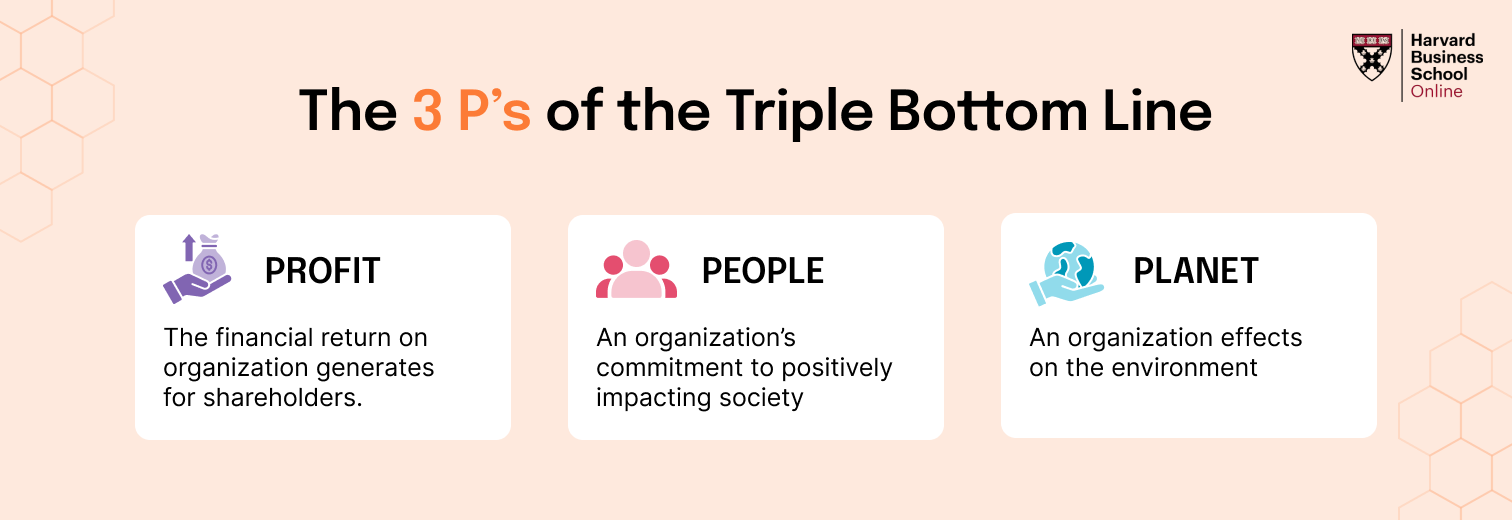New Girl at the Office
Isn’t it funny how time works? It can feel slow or fast, long or short, depending on how we perceive it. When I look back at the last 11 years, I feel so much has happened in such a short time, yet I also feel I have done so little in all these years. The past 11 years have been a roller coaster for me, involving a career break and embracing motherhood—switching my identity from “Ms. Ayushi Verma” to “Reyansh’s Mumma.” This identity shift brought about many changes in my personality. Being “Reyansh’s Mumma” made me more responsible, stronger, empathetic, and, most importantly, taught me to adapt to changes quickly.









